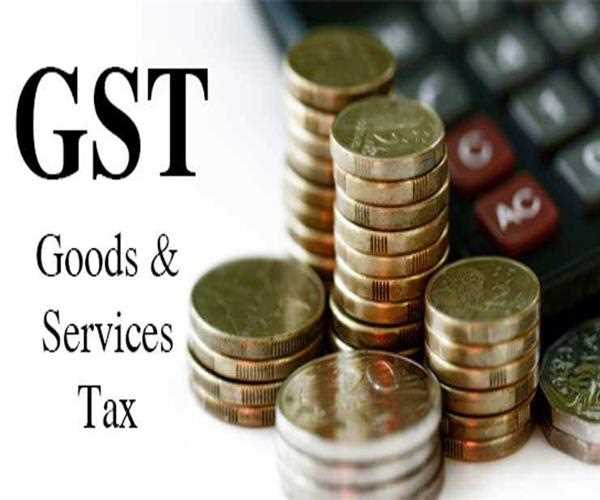GST is an Indirect Tax which has been put forward to make a replacement for many Indirect taxes in India. GST absorbed Central Excise Law, Service Tax, State VATs, Entry Tax, Luxury Taxes, Octroi, and other taxes as well. Similarly, on service fields the taxes were Service Tax, Entertainment Tax, Luxury Tax, and other, all these taxes are summed up under a single tax i.e. GST.

GST stands for “Goods and Services Tax”. GST tax slab has been divided into five different tax slabs, i.e. 0%, 5%, 12%, 18%, and 28%. However, few products have been
excluded from GST are
Petroleum Products, Alcoholic Products, and
Electricity. On these products are taxes are levied under the individual
State Governments as per the previously existing taxation policy. Being a multi-staged tax imposition, the GST has been designed in such a way that the taxes get refunded to all the parties at the different stages of the
production to the final stage of Consumption or the Consumer. Being a destination tax, GST is collected from people while at the point of consumption of the product not at the initial stage like it was in the previous taxation policy.
The GST Taxation policy came into effect on July 1, 2017, under the 101st
Amendment of the
Constitution of India by the
Government of India. The multi-stage change of hands for the single product allows multiple times tax over each changeover of the product through along its Supply chain; from the raw material to the final sale of the product to the product.
The different phases of tax over a products changeover could be like in this manner:
- Purchase of Raw Material,
- Production Phase,
- Warehousing or Storing the finished product,
- Sale to the Wholesaler,
- Sale of the product to the Retailer from the Wholesaler,
- Sale of product to the Final Consumer hands.